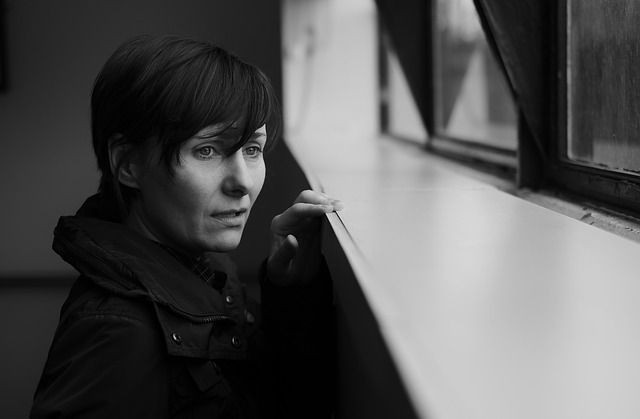Cancer Treatment Side Effects: Many Survivors Face Anxiety, Depression, Study Finds

Depression and anxiety may be a common reality for many cancer survivors, suggests a new study in the Journal of Clinical Oncology.
Researchers analyzed data taken from three years' worth of the National Health Interview Survey, a representative poll of Americans’ health habits. Looking at around 3,000 cancer survivors and comparing them to a similarly matched group of non-patients, they found much higher rates of anxiety, depression, and antidepressant use among the survivors. Overall, 19 percent of survivors used antidepressants between 2010 to 2013, compared to 10 percent of non-patients. Extrapolating the data further, researchers estimated that 2.5 million survivors nationwide had used antidepressants during those years.
“Overall, these findings are sobering," lead author Dr. Nikki Hawkins, a behavioral scientist at the Centers for Disease Control and Prevention (CDC) told HealthDay. "We've come a long way in treating cancer medically, but these data tell us cancer can take a serious psychological and emotional toll for many years, even after treatment is complete."
Among survivors, there were other factors that predicted antidepressant use. Being middle-aged, white, and female increased the chances of use, mirroring risk factors seen in typical depression and anxiety patients. Looked at separately, being single increased the chances of taking them for anxiety, while having 3 or more chronic conditions increased the chances of using them for depression. Most relied on the drugs to deal with both conditions simultaneously, however. And while having cancers with shorter survival times increased the risk of antidepressant use, people who lived years past remission were just as likely to turn to them as new survivors were, meaning many continued to have mental health issues long after the disease itself passed.
Because of the self-reported survey’s nature, the researchers couldn’t determine whether a user was formally diagnosed with an anxiety disorder or depression by their doctors. Similarly, the researchers don’t know if and how many survivors underwent other treatments like therapy. But coupled with earlier research showing that one-third of survivors have gone to their doctors with mental health concerns, they speculate that many likely still aren't getting the help they need. On the other hand, they noted, survivors probably have an easier time of getting treated because they already have a regular doctor they’re seeing.
Overall though, the authors believe that doctors and care providers can do more to check in on the mental well-being of their cancer patients, while survivors should be more vocal about reaching out to them as well. Studying and identifying the unique risk factors that leave survivors more vulnerable to mental health woes following treatment is also crucial, Hawkins added.
"We clearly have more work to do to better understand and treat the psychological and emotional burdens of cancer in addition to the physical effects of the disease," she told HealthDay.
Source: Hawkins N, Soman A, Lunsford N, et al. Use of Medications for Treating Anxiety and Depression in Cancer Survivors in the United States. Journal of Clinical Oncology. 2016.



























